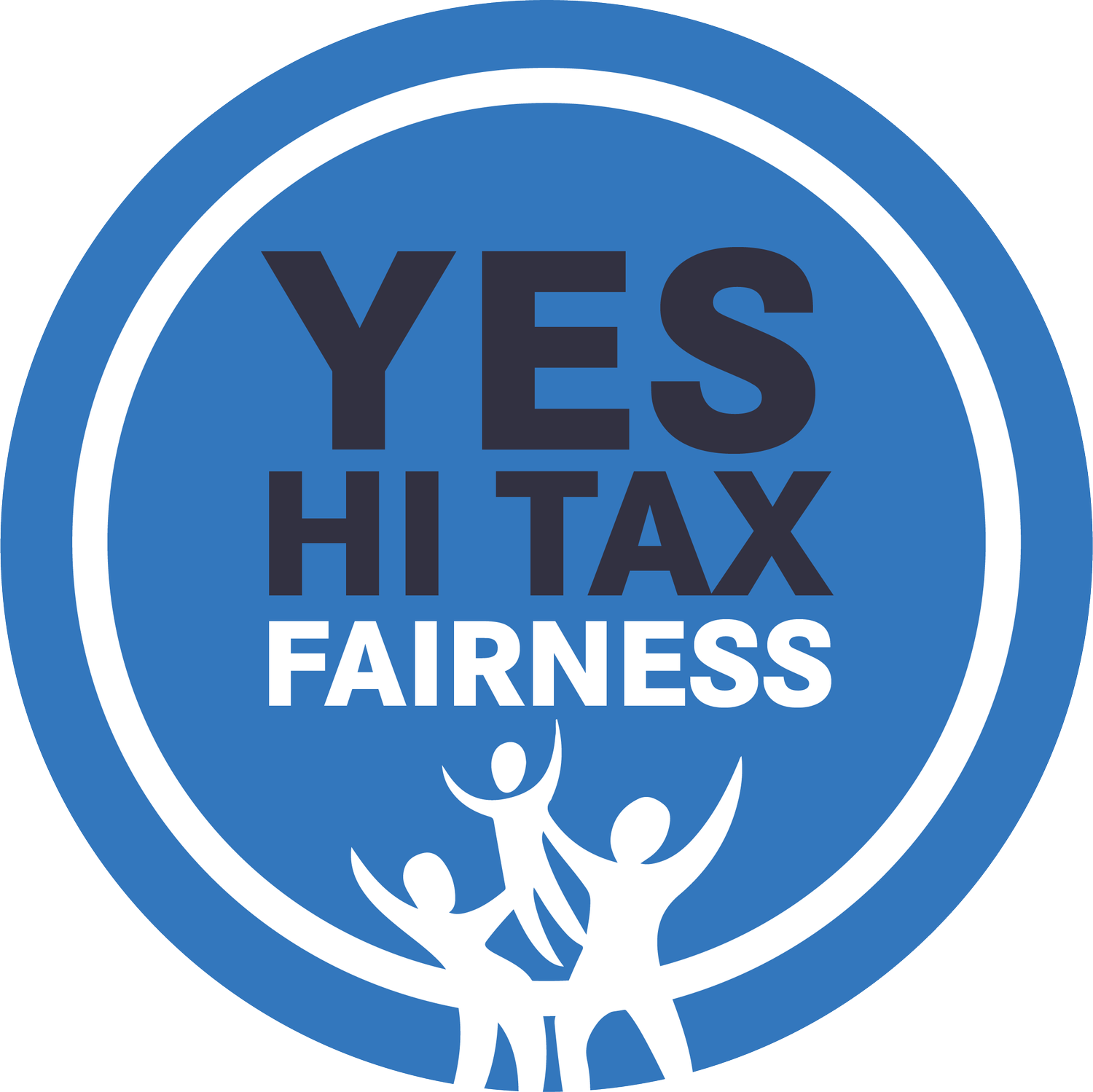Real Estate Investment Trust Reform
REITs make millions of dollars off real estate but pay no corporate income tax to our state.
A real estate investment trust (REIT) is a company that owns income-producing properties like hotels, malls, and office buildings. People can buy shares in a REIT, similar to a mutual fund, and earn part of its profits. In Hawaiʻi, REITs own about $17 billion in real estate and earn roughly $1 billion a year. Because they’re exempt from paying corporate income tax on 90 percent of their profits, Hawaiʻi loses about $60 million in tax revenue every year.
Most REIT shareholders don’t live in Hawaiʻi, so their dividend income isn’t taxed here. That means profit made from Hawaiʻi properties flows out of the state untaxed, even though local businesses and residents must pay income tax. Examples of REIT-owned properties include Ala Moana Center, International Marketplace, Hilton Hawaiian Village, and Pearlridge Center.
Closing the state REIT tax loophole would ensure these large property owners contribute fairly to Hawaiʻi’s economy. REITs would still keep their major federal tax benefits and low local property tax rates while helping fund the public services and housing their properties depend on.


